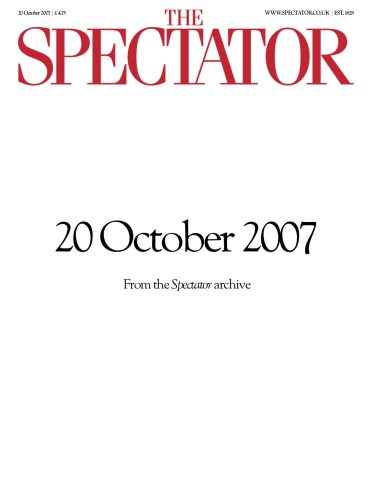All together now
In my English school our hymns were mostly in Latin which, despite years of instruction, rendered them sufficiently opaque to be appropriate. What few hymns we sang in English seemed rather weepy, which didn’t appeal. Therefore, emerging from that place into a wider England, it was a surprise to discover there was a culture of









